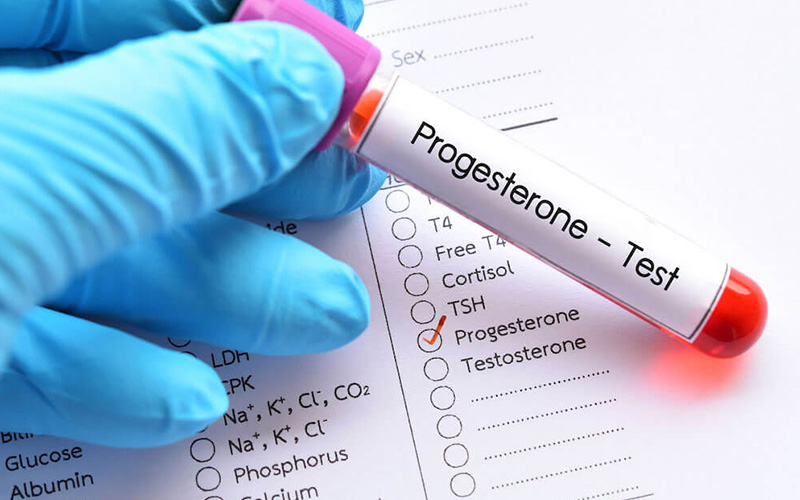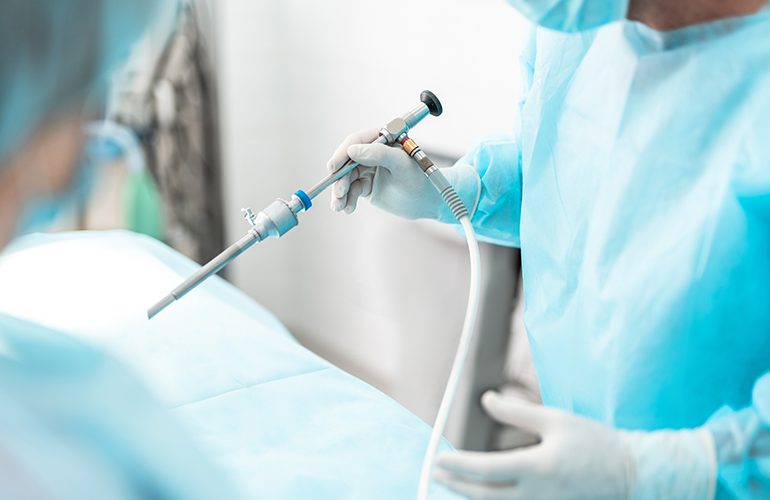Progesterone in IVF
Progesterone plays a crucial role in the success of IVF (In Vitro Fertilization) procedures. In natural cycles, progesterone is produced by the ovaries after ovulation to prepare the uterine lining for implantation of a fertilized egg. In IVF, progesterone supplementation is necessary to support the early stages of pregnancy until the placenta is able to take over production.
One of the main functions of progesterone in IVF is to thicken the endometrial lining, creating a receptive environment for implantation of the embryo. Without adequate progesterone levels, the endometrial lining may not develop properly, leading to implantation failure or early pregnancy loss.
Progesterone supplementation in IVF protocols can be administered through various routes, including oral, intramuscular, vaginal, or transdermal applications. Each method has its own advantages and considerations, and the choice of administration route depends on individual patient factors and the preferences of the fertility specialist. Overall, the proper management of progesterone levels is essential for the success of IVF procedures and the establishment of a healthy pregnancy.
Effect Of Progesterone On Endometrial Receptivity
Progesterone is a crucial hormone for the success of in vitro fertilization (IVF) treatment. It plays a vital role in preparing the endometrium for embryo implantation, thus affecting the overall endometrial receptivity. The level and administration of progesterone have a significant impact on the receptivity of the endometrium during the IVF process.
During IVF treatment, progesterone supplementation is essential to mimic the natural hormonal environment in the body. Progesterone prepares the endometrium for embryo implantation by promoting changes in the endometrial lining and creating a receptive environment for the embryo. This is crucial for the successful establishment of pregnancy in IVF patients.
There are different forms of progesterone administration in IVF, including vaginal suppositories, intramuscular injections, and oral medications. Studies have shown that the type and route of progesterone administration can impact endometrial receptivity and ultimately the success of IVF treatment. It is important for fertility specialists to carefully consider the most effective progesterone supplementation protocol for each individual patient based on their unique medical history and needs.
Progesterone Supplementation Protocols In Ivf
Progesterone supplementation is a crucial aspect of IVF treatment, as it plays a key role in preparing the uterine lining for embryo implantation. There are several different protocols for administering progesterone during IVF, and each clinic may have their own preferred method based on their specific protocols and the patient’s individual needs.
Progesterone Levels And Pregnancy Outcome
Progesterone is an essential hormone in the female body, particularly during pregnancy. It plays a crucial role in preparing the uterus for implantation of a fertilized egg and maintaining the pregnancy. In the context of in vitro fertilization (IVF), progesterone levels and their impact on pregnancy outcome are of significant interest to fertility specialists and patients undergoing fertility treatment.
Research has shown that progesterone levels during IVF treatment can have a direct impact on the likelihood of a successful pregnancy. Inadequate progesterone levels can lead to implantation failure or early pregnancy loss, while optimal levels are essential for the maintenance of a healthy pregnancy. It is important for fertility specialists to carefully monitor progesterone levels in IVF patients to ensure they are within the appropriate range for successful pregnancy outcomes.
As part of IVF treatment, progesterone supplementation protocols are often implemented to support the luteal phase of the menstrual cycle and improve the chances of a successful pregnancy. These protocols may involve the use of different forms of progesterone administration, such as vaginal suppositories, intramuscular injections, or oral capsules. The choice of progesterone supplementation and the dosage prescribed can vary based on individual patient factors and treatment protocols, with the goal of optimizing progesterone levels for improved pregnancy outcomes.
Different Forms Of Progesterone Administration In Ivf
One of the key elements in the success of in vitro fertilization (IVF) is the administration of progesterone. Progesterone is a hormone that plays a crucial role in preparing the uterine lining for embryo implantation and supporting early pregnancy. There are different forms of progesterone administration that are used in IVF treatment, each with its own benefits and considerations.
One common form of progesterone administration in IVF is vaginal suppositories or gels. These are inserted into the vagina once or twice a day and are well-absorbed, providing a steady release of progesterone to support the uterine lining. Vaginal progesterone is convenient and has been shown to be effective in supporting pregnancy outcomes in IVF.
Another form of progesterone administration is intramuscular injections. These injections deliver a high concentration of progesterone directly into the muscle, where it is gradually released into the bloodstream.




